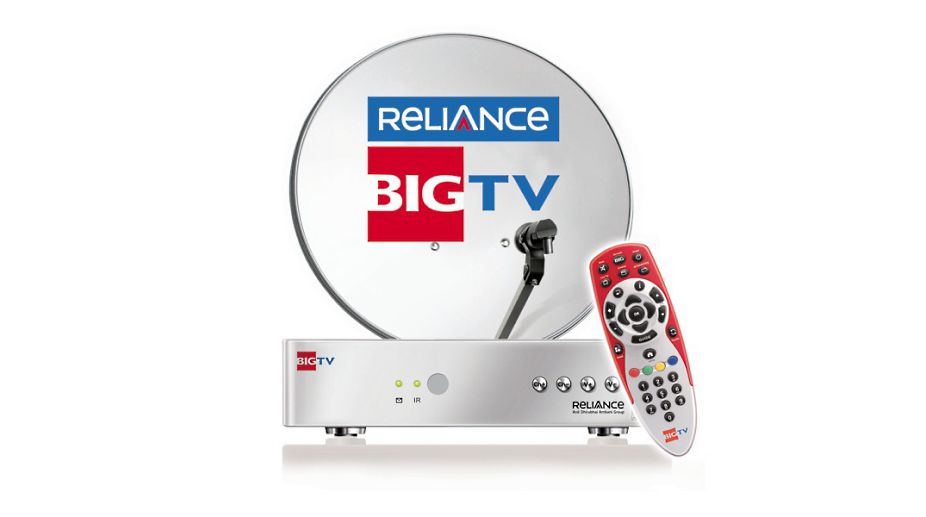Billionaire Anil Ambani-led Reliance Communications (RCom) on Monday said it has signed an agreement to sell its DTH business to Veecon Media and Television, in a bid to lower its debt.
The sale is part of a debt repayment plan that RCom had announced on October 30, under which it had promised to raise up to Rs 17,000 crore by selling assets like spectrum, towers and fibre. The company is laden with about Rs 44,300 crore debt.
Advertisement
“RCom today entered into a binding memorandum of understanding (MoU) with Veecon Media and Television Ltd, for sale of its subsidiary Reliance BIG TV Ltd, engaged in the business of direct-to-home (DTH) services across India,” the company said in a statement.
It, however, did not disclose the value of the deal.
Veecon will “acquire the entire shareholding of RBTV with business on ‘as-is where-is’ basis, along with all existing trade liabilities and contingent liabilities”, RCom said.
As part of the agreement, Veecon will retain nearly 500 employees of RBTV.
“The existing DTH licence of BIG TV shall be renewed with the submission of the required bank guarantees with the Ministry of Information and Broadcasting by the buyer,” the statement said.
RBTV’s 1.2 million customers will continue to enjoy uninterrupted services, it added.
“The transaction will help reduce the liability of unsecured creditors, benefiting all stakeholders, including lenders and shareholders of RCom,” it said.
The deal is subject to requisite approvals from licensors, regulatory authorities and lenders of RCom.
The transaction is part of RCom’s efforts to focus on B2B businesses.
RCom, which plans to shut down voice call service from December 1, has also made a comprehensive debt resolution plan to its domestic and foreign lenders. It had earlier stated that the lenders would convert part of their debt to equity to gain 51 per cent control of the company.











